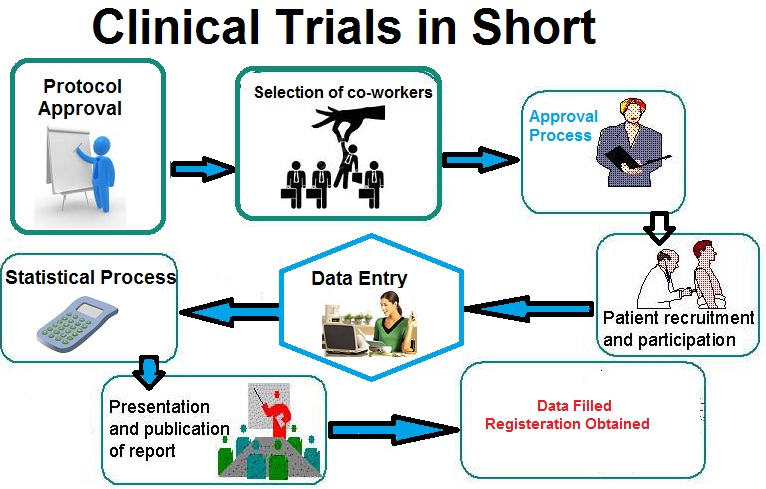Data collection and management are critical to the integrity, reliability, and validity of clinical research. Proper handling of data ensures that research findings are accurate and meaningful. Here’s a comprehensive guide on best practices for data collection and management in clinical research:
1. Planning and Design
Define Objectives and Data Needs: Clearly outline the research questions and objectives to determine what data needs to be collected.
Develop a Data Collection Plan: Create a detailed plan that includes data types, collection methods, sources, and frequency. This plan should align with the study protocol and regulatory requirements.
2. Data Collection Methods
Standardized Procedures: Use standardized procedures and tools for data collection to ensure consistency and reliability. This includes using validated questionnaires, measurement tools, and data entry forms.
Training and Certification: Train all personnel involved in data collection to ensure they understand the procedures, tools, and importance of accuracy. Certification may be required for certain tasks.
3. Data Management Systems
Electronic Data Capture (EDC): Utilize EDC systems to streamline data collection, reduce errors, and facilitate real-time data access. Ensure the EDC system complies with regulatory requirements like 21 CFR Part 11.
Data Storage: Implement secure data storage solutions to protect data from loss or unauthorized access. This includes backup systems and secure servers.
4.Data Quality and Integrity
Validation and Verification: Regularly validate and verify data to ensure accuracy. This includes cross-checking data entries, performing routine audits, and correcting discrepancies.
Data Cleaning: Conduct data cleaning procedures to identify and address errors, inconsistencies, and missing values. Data cleaning should be done systematically and documented thoroughly.
5. Compliance and Security
Regulatory Compliance: Adhere to regulatory requirements such as Good Clinical Practice (GCP), HIPAA (Health Insurance Portability and Accountability Act), and GDPR (General Data Protection Regulation) for data protection and privacy.
Access Controls: Implement strict access controls to limit data access to authorized personnel only. Use encryption and secure authentication methods to protect data.
6. Data Handling and Transfer
Data Entry: Enter data carefully and consistently to avoid errors. Automated data entry tools can reduce the risk of human error.
Data Transfer: Use secure methods for transferring data between sites or systems. This may include encrypted files, secure transfer protocols, or secure cloud storage.
7. Monitoring and Auditing
Regular Monitoring: Monitor data collection processes and data quality throughout the study to identify and address issues promptly.
Audits and Inspections: Prepare for regular audits and inspections by regulatory authorities. Ensure that all data management processes and documentation are up-to-date and compliance
8. Data Analysis and Reporting
Data Analysis Plan: Develop a detailed data analysis plan that outlines statistical methods and techniques to be used. This plan should align with the study’s objectives and hypotheses.
Interim Analysis: Conduct interim analyses if required to evaluate data trends and make informed decisions about the study’s continuation.
Reporting: Prepare clear and accurate reports of the research findings. Ensure that the data presented in reports is consistent with the collected data and follows ethical guidelines for publication.
9. Data Retention and Archiving
Retention Policies: Follow regulatory requirements and institutional policies for data retention. This typically involves keeping data for a specified period after the study’s completion.
Archiving: Archive data in a manner that preserves its integrity and accessibility. This includes long-term storage solutions and documentation of the data’s location and retrieval procedures.
10. Ethical Considerations
Informed Consent: Ensure that participants’ consent is obtained for the collection and use of their data. Respect their privacy and confidentiality at all times.
Participant Rights: Be transparent about how data will be used and provide participants with the ability to withdraw their data if they choose.
By adhering to these best practices, researchers can ensure that data collection and management processes are robust, reliable, and compliant with regulatory standards. This ultimately supports the integrity and validity of clinical research findings.
To learn more from related topics, please visit our website or newsletter at https://medipharmsolutions.com/newsletter/


No Comments